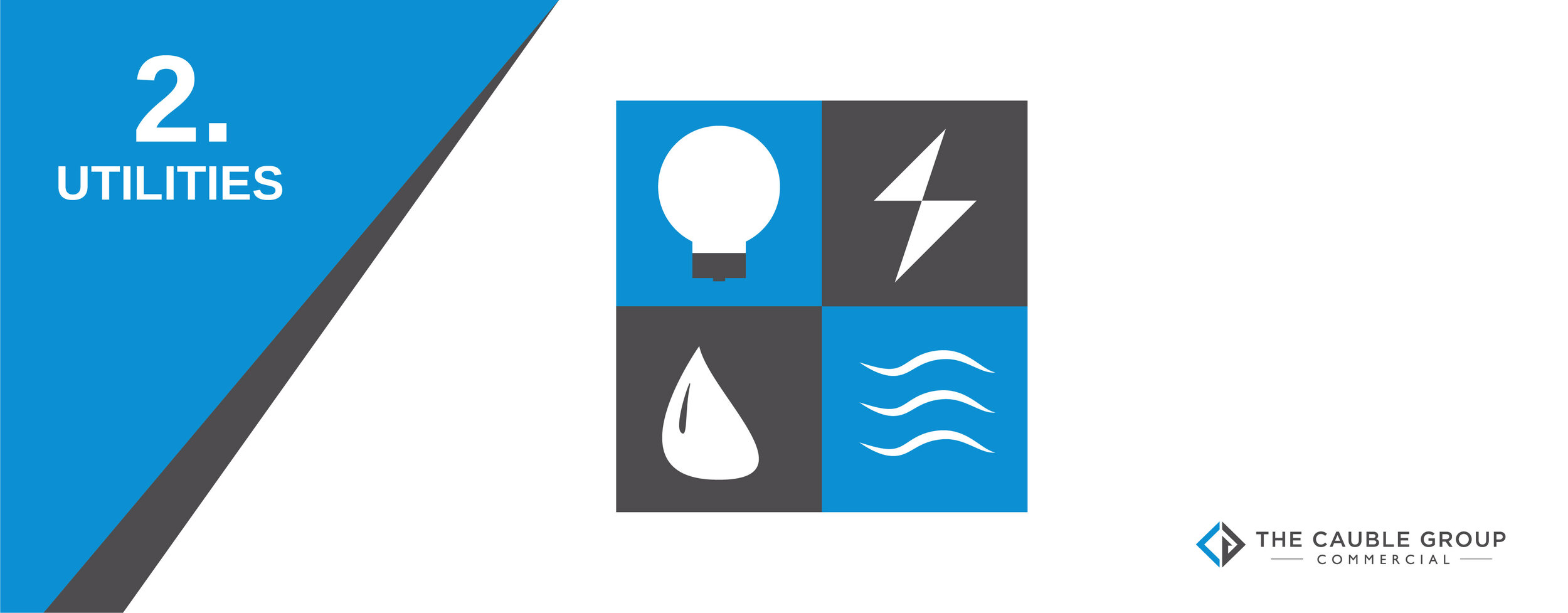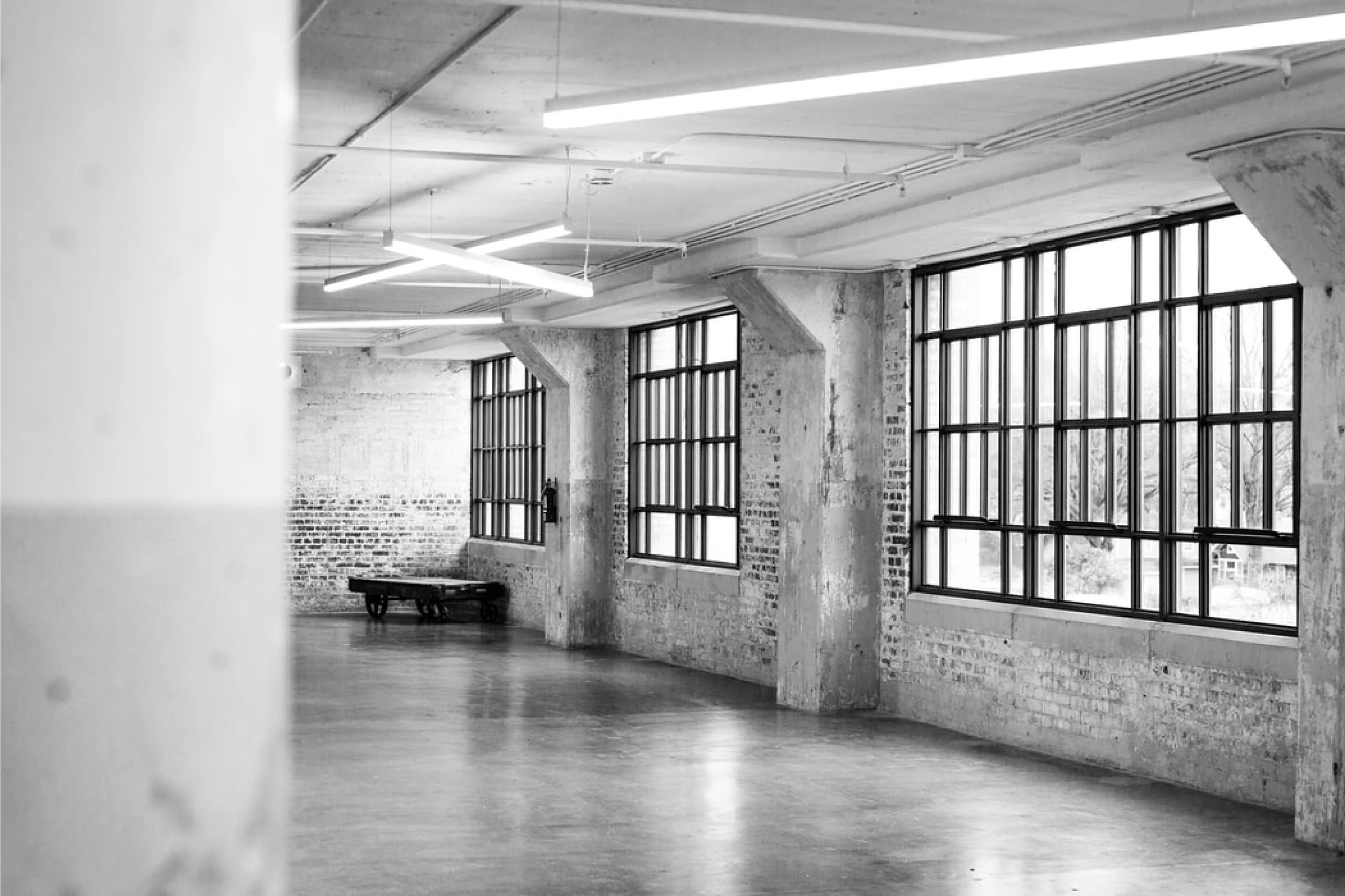Leasing & Operating Expenses in Retail Real Estate
Retail real estate is considered to be any brick-and-mortar storefront used by businesses to sell their goods and/or services to individual consumers for their own personal use.
This category encapsulates every business from a small boutique clothier to a large high-end restaurant and everything in between.
Rent Isn’t Your Only Operating Expense
When beginning your search for retail space, rent is not the only cost you should be considering.
While certainly an important number, there are several other expenses you will need to factor into your budget to ensure the long-term success of your retail business.
At the forefront of your search, understanding what kind of retail space your budget allows for is just as important as understanding different kinds of lease structures or what kind of areas you should be targeting.
Here are the expenses involved in leasing retail space.
1. NNN Expenses
If you have ever begun the process of finding retail space, it is highly likely you have seen triple net or “NNN” following a rental rate.
These three N’s symbolize a triple-net lease.
Within a NNN lease structure, the landlord is not only charging the tenant a base rental rate, but is passing along the expenses of taxes, insurance, and common area maintenance as well.
We will cover each of these in more detail shortly.
While not every retail lease will be NNN, it is certainly the most common making important to grasp what a tenant is responsible for within these lease structures.
Property Taxes
As with all properties, your new or prospective landlord is required to pay taxes on the retail space you are considering leasing.
If you have agreed to a NNN lease structure, that means this expense will be passed onto you as the tenant.
Typically, since the tax rate is not controlled by your landlord, taxes will be a non-negotiable expense.
Building Insurance
Just like taxes, landlords have little to no control over property insurance rates and will in turn pass the expense on to tenants.
Many types of retail business are also required to provide proof of substantial insurance policies to secure the lease in the first place.
While every business is required to have coverage for liability insurance and worker’s compensation insurance, to name a few, certain retail concepts will be required to provide proof of a minimum amount.
This is especially true for larger retail businesses that will be hosting multiple patrons at one time.
Common Area Maintenance
As its name suggests, common area maintenance, or CAM, is the blanket term covering the upkeep of all “common” spaces associated with your retail space.
These areas can include:
Lobbies
Common Area Restrooms
Parking Lots
Elevators
Hallways
Landscaping
And More
All common areas require frequent upkeep, especially within multi-tenant assets, but are not rented by one specific tenant or entity.
In order ensure the upkeep of these spaces, the landlord will pass through a fee to the tenant in order to cover the cost of maintenance. If there are multiple tenants, each tenant will pay their pro-rata share of this fee.
Common Area Maintenance expenses are also more flexible than their NNN counterparts.
Since common area maintenance is more controllable than either taxes or insurance, a tenant may have the ability in negotiating what they can expect.
While it is extremely uncommon to completely negotiate your CAM fee out of the conversation, it is generally acceptable to negotiate a cap of what the tenant can be expected to pay.
2. Utilities
Another cost that will not be included within your base rental rate are your utility expenses.
These costs cover:
Lighting
Electrical
Heating, air, and ventilation
Water
And any trade specific utilities that you may require
These “other” costs can vary from additional display lighting for a boutique retail store to power intensive kitchen needs for a bustling restaurant.
While utilities can be estimated, it is important to take into account what your specific needs are rather than rely on general information.
Even if a previous tenant is able to share the cost of their utility bill, their uses may not align with your concept and thus provide you with a skewed estimate of your utility expense.
3. Build-Out
In looking for retail space, it becomes quickly apparent that finding a location that perfectly suits your needs from the beginning is akin to finding a needle in a haystack.
Whether you end up in a completely open shell space or previously built-out retail location, at least some amount of work will need to be completed before you will be able to occupy and open your doors for business.
Although being able to afford a build-out on top getting ready to pay rent may seem daunting, the tenant has a handful of strategies to help offset construction costs.
Negotiating Tenant Improvements
The most common approach is to negotiate a Tenant Improvement Allowance, or TIA, with your prospective landlord.
This allowance is often calculated on a cost per the square foot basis of the space.
For example, if you were to lease a 5,000 square foot store-front with a $20.00 per square foot improvement allowance, you would receive $100,000 from the landlord to be put towards build out expenses.
However, it’s important to keep in mind that the tenant will be responsible for these costs up-front.
The large majority of leases will require proof of completion, such as receipts and lien waivers, before a landlord is willing to reimburse the tenant for their work.
Rent Abatement Periods
A landlord may also be willing to help offset build-out costs by offering deferred rental payments or completing some of the work themselves.
While there can be a great deal to consider when approaching a build-out, an experienced contractor will be able to help with everything from space planning and budgeting.
4. FF&E
FF&E, or furniture, fixtures, and equipment, is another cost that all retail business owners should be aware of but vary drastically from concept to concept.
FF&E will include:
Desks & other furniture
Computers
Display racks
Hood vents
Ovens/stoves
Refrigeration for kitchens
And anything else that will be needed to outfit your space
Since your FF&E will more than likely be needed to open your business, it is important to budget these items early on and include the expenses in your initial cost analysis.
Luckily, these can usually be budgeted alongside your build-out process.
If you hired a commercial contractor, they will also often be able to procure equipment or guide you in the right direction.
5. Marketing
It is understandable if opening your retail to the public seems like a distant feat at the beginning of your search for retail space, but it is never too early to begin thinking about marketing.
As any successful business owner knows, marketing allows you to create excitement around your concept and anticipation of its grand opening.
While marketing is important, how much you decide to budget for its expense is largely up to you.
Although many businesses thrive by investing large amounts of capital into marketing strategies, a great deal of small businesses have found just as much success in taking a more grass-roots approach with:
Social media
Pop-up events
Collaborations
And more
When all is said and done, your approach to marketing is your decision, but it is wise to plan for any associated costs ahead of time.
Share This Article:
About The Author:
Alex Abram is a Nashville Native serving The Cauble Group as an Associate Broker. Alex has a firm understanding of the market and takes extreme care in meeting his client's needs. Working with both Landlords and Tenants, Alex knows that finding the right real estate opportunity is the catalyst to a businesses success and longevity.


















Commercial real estate investing can be a pretty rewarding venture, offering the potential for substantial returns and long-term wealth creation. From office buildings and retail spaces to apartment complexes and industrial warehouses, the commercial real estate market presents diverse opportunities for investors willing to navigate its complexities.
However, like any investment, commercial real estate comes with its own set of risks. For new investors, understanding and managing these risks is crucial to achieving success and avoiding costly mistakes. The world of commercial real estate can be unforgiving to the unprepared, making risk management an essential skill for anyone looking to enter this market.